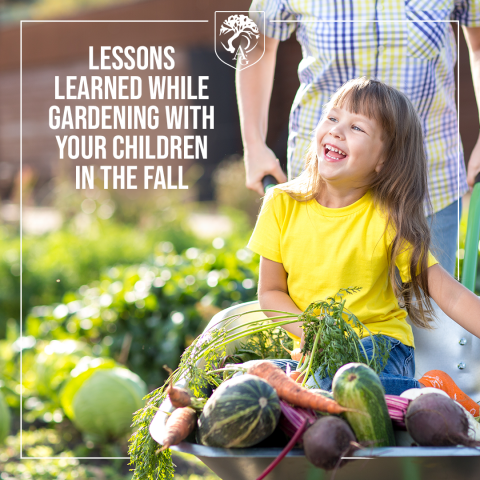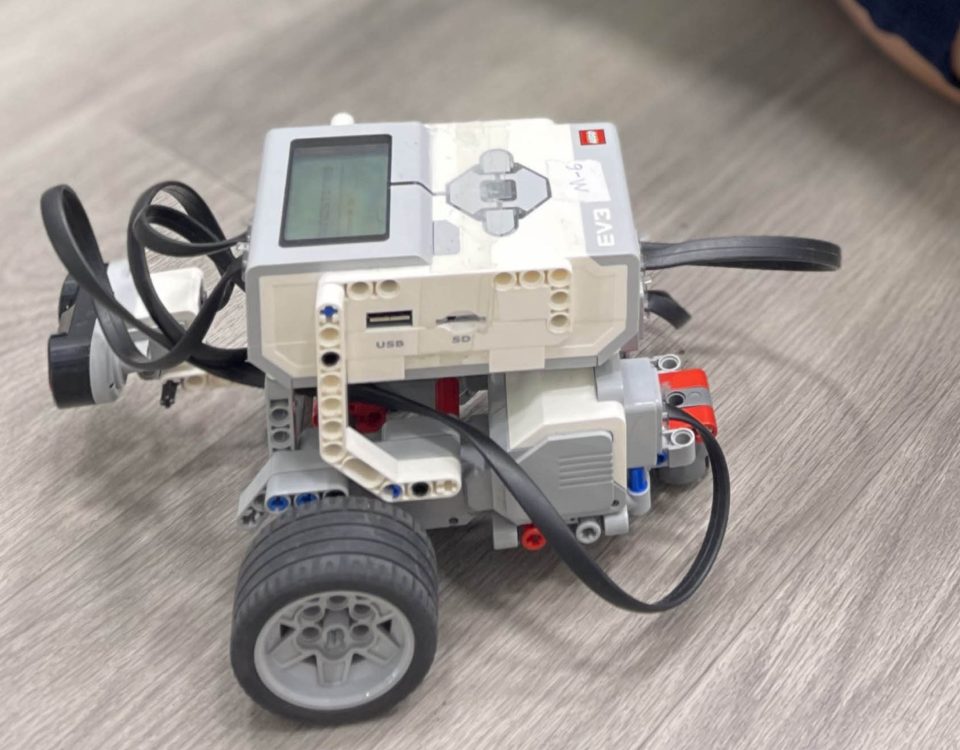Lessons Learned While Gardening With Your Children In The Fall
Lessons Learned While Gardening With Your Children In The Fall
Gardening in the fall most often includes transitions with the changing weather. People often think that the cooler weather means that gardening is done for the year. However, there are still many things you can do in the fall to prepare for a bountiful spring. Where there’s gardening to be done, there are lessons to be learned!
Harvest Your Vegetables
While cooler nights and chillier mornings cause some plants to wither away, others plants prefer the new nip in the air. As long as they’re protected from frost, you can form a garden for cooler fall weather with plants that are referred to as a cold crop. Plants like carrots, lettuce, peas, broccoli, asparagus, cabbage, and even kale will flourish in this weather and if you have them in your garden already, then it’s time to harvest!
Plan Ahead For Winter and Re-purpose Waste
Thinking ahead and planning for what’s to come is an important lesson to carry throughout life. Exercising forethought allows us to be prepared and mitigate any potential roadblocks before they cause problems. As the weather is changing and the temperatures drop, it’s time to winterize your plots. Bringing in plants and containers that can get damaged in the cooler weather, tilling soil that used to hold summer plants, and even incorporating leaf mulch will all enrich your soil for the following year.
Fall gardening is the perfect time to learn the importance of reducing waste and reusing the things we have on hand. Educating your children on the collection, mulching, and decomposition of falling leaves is quite an interesting lesson. Many different vitamins, minerals, and even nutrients are within the leaves that fall each year. Collecting these leaves, mulching them up, or even just mixing them with tilled soil will create vast benefits for the following summer. As insects and earthworms that used to keep your plants healthy begin to assist in decomposition if the newly added leaves, your soil becomes far richer.
There are a multitude of things to be learned about the fall transition of garden plots and plants in general. Many people feel that fall gardening is just as rewarding as summer gardening as the weather is easier to manage and so many things can be done to benefit your future plots for the seasons to come. Developing your child’s excitement with year round gardening will help them enjoy the outdoors, respect the power of nuture, and give them the reward of watching their own hard work pay off with beautiful blooms through delayed gratification. Introducing these lessons as often as possible will boost their self-confidence and increase their sense of self-sustainability for years to come.








